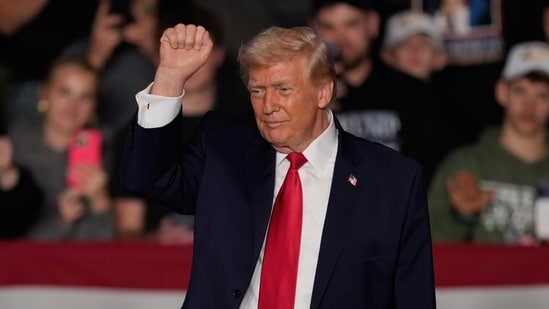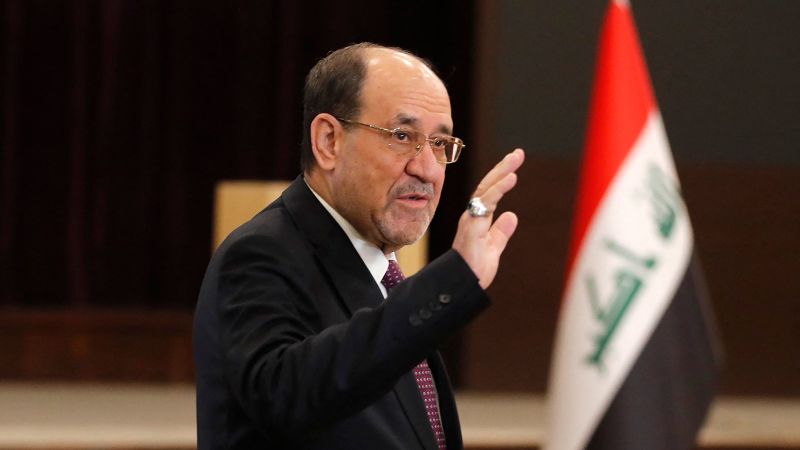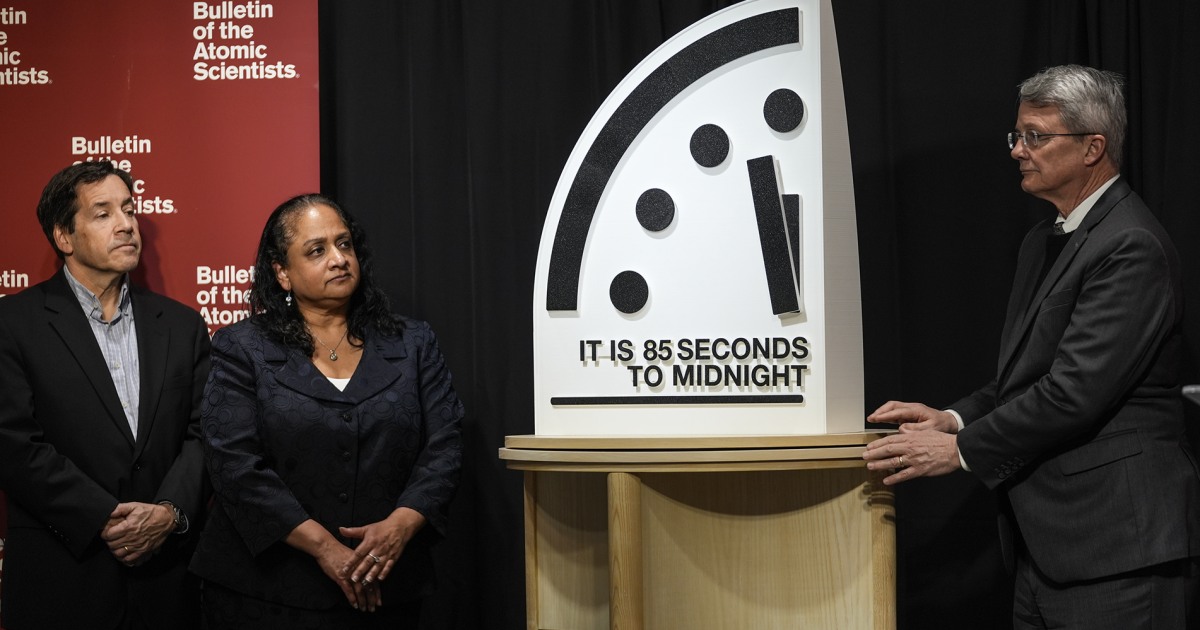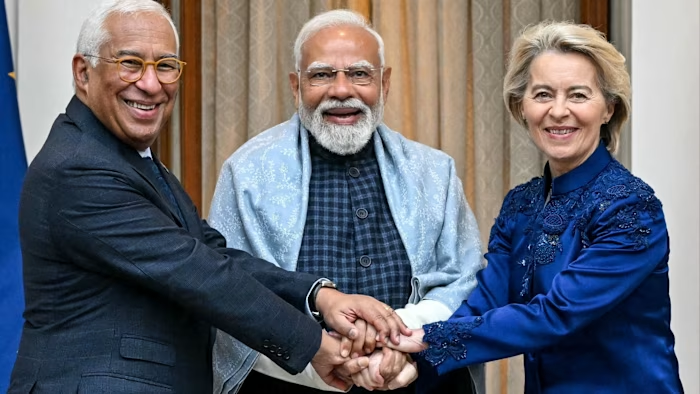United States President Donald Trump on Tuesday said he wants “a very honorable and honest investigation” into the killing of Alex Pretti by federal agents in Minneapolis.
Category: 2. World
-

Trump seeks ‘honorable’ probe, signals de-escalation after Minnesota killing
The latest comments by the US President signify a turnaround on the… -

France moves to ban social media for users under 15
Ban on new accounts could begin this fall, existing underage accounts face deactivation by year’s end
The National Assembly, France’s lower house of…
Continue Reading
-

Trump warns against Nouri al-Maliki’s return as prime minister of Iraq
US President Donald Trump has warned Iraq over a reinstatement of Nouri al-Maliki as prime minister, saying that the country “descended into poverty and total chaos” under his previous leadership.
Continue Reading
-
Starmer Wants UK Plc to Win Over China’s Xi Without Annoying Trump – Bloomberg
- Starmer Wants UK Plc to Win Over China’s Xi Without Annoying Trump Bloomberg
- Prime Minister Sir Keir Starmer flies to China for three-day visit BBC
- For Britain, China remains a ‘threat’ – but one worth doing business with CNN
- UK Seeks…
Continue Reading
-
Yemen: Security Council votes on final extension of Hudaydah Mission – UN News
- Yemen: Security Council votes on final extension of Hudaydah Mission UN News
- UN votes to end mission in Yemeni city of Hodeida Arab News
- UK Praises Council’s Commitment to Hodeidah, Stockholm Mirage News
- UN Security Council to shut down Hodeidah…
Continue Reading
-

‘Doomsday Clock’ moves even closer to midnight
Earth is closer than it’s ever been to destruction as Russia, China, the U.S. and other countries become “increasingly aggressive, adversarial, and nationalistic,” a science-oriented advocacy group said Tuesday and advanced its “Doomsday…
Continue Reading
-
UN says Gaza crisis remains dire, children hardest hit – UN News
- UN says Gaza crisis remains dire, children hardest hit UN News
- Humanitarian situation remains dire in Gaza despite aid surge: UN news.cgtn.com
- Today’s top news: Occupied Palestinian Territory, Mozambique, South Sudan, Syria, Ukraine OCHA
- Gaza…
Continue Reading
-

EU signs ‘mother of all deals’ to boost trade with India : NPR
The European Union has signed what India’s prime minister has called “the mother of all deals” to boost trade with India. For Europe, the move seeks to hedge against its unpredictable ties to the U.S.
…Continue Reading
-
Saudi Arabia won’t allow attacks on Iran from its territory: crown prince-Xinhua
RIYADH, Jan. 27 (Xinhua) — Saudi Crown Prince and Prime Minister Mohammed bin Salman Al Saud on Tuesday assured Iranian President Masoud Pezeshkian that the kingdom will not allow its territory or airspace to be used for attacks on Iran,…
Continue Reading
-

EU and India clinch trade deal to slash €4bn of tariffs on bloc’s exports
Good morning and welcome back to FirstFT Asia. In today’s newsletter:
-
A “new era” in India-EU relations
-
The Chinese sportswear company betting on Puma
-
Why Asia’s currencies have slumped against the dollar
New Delhi and Brussels have agreed a…
Continue Reading
-